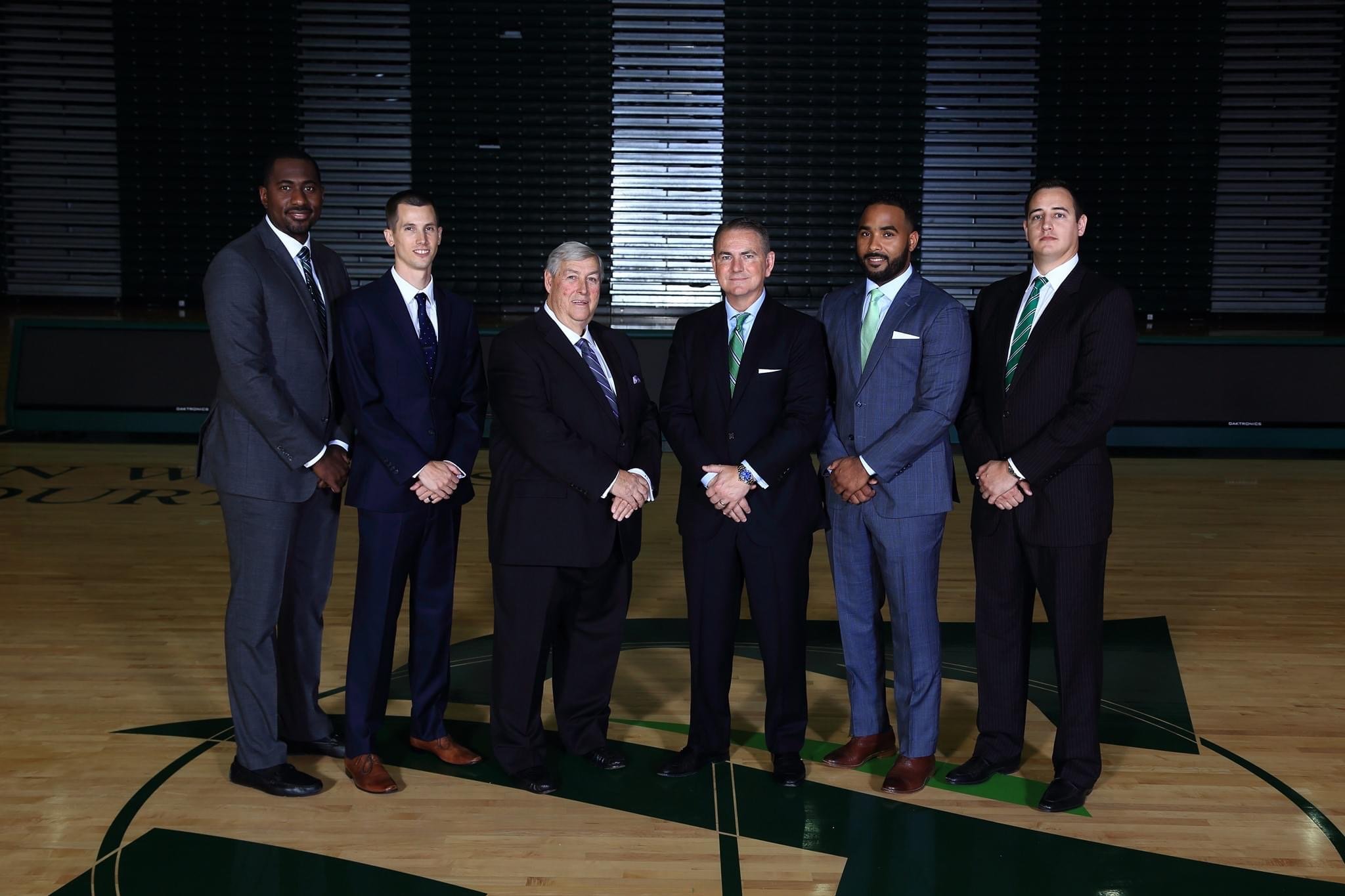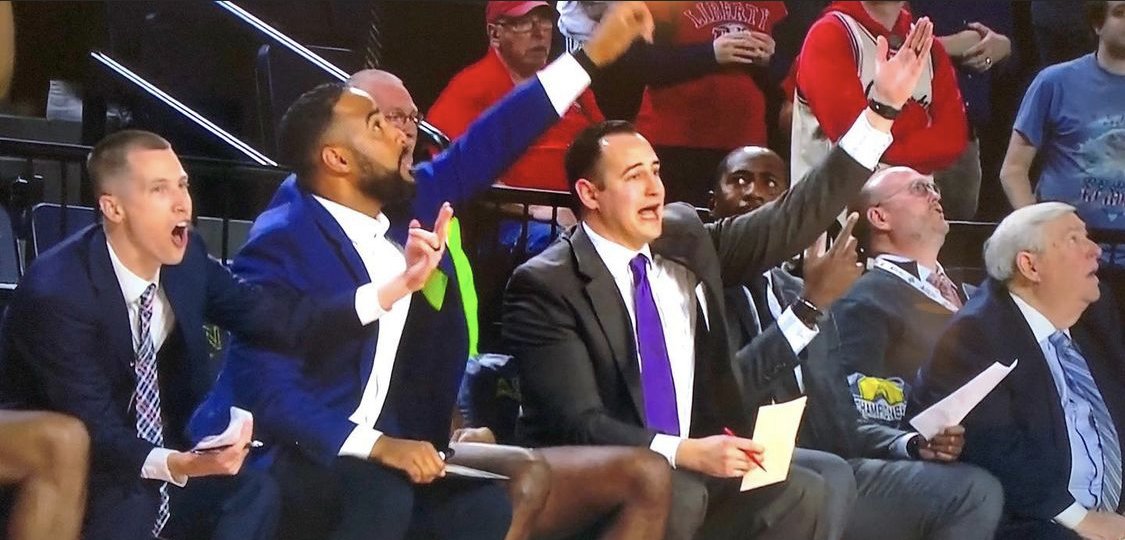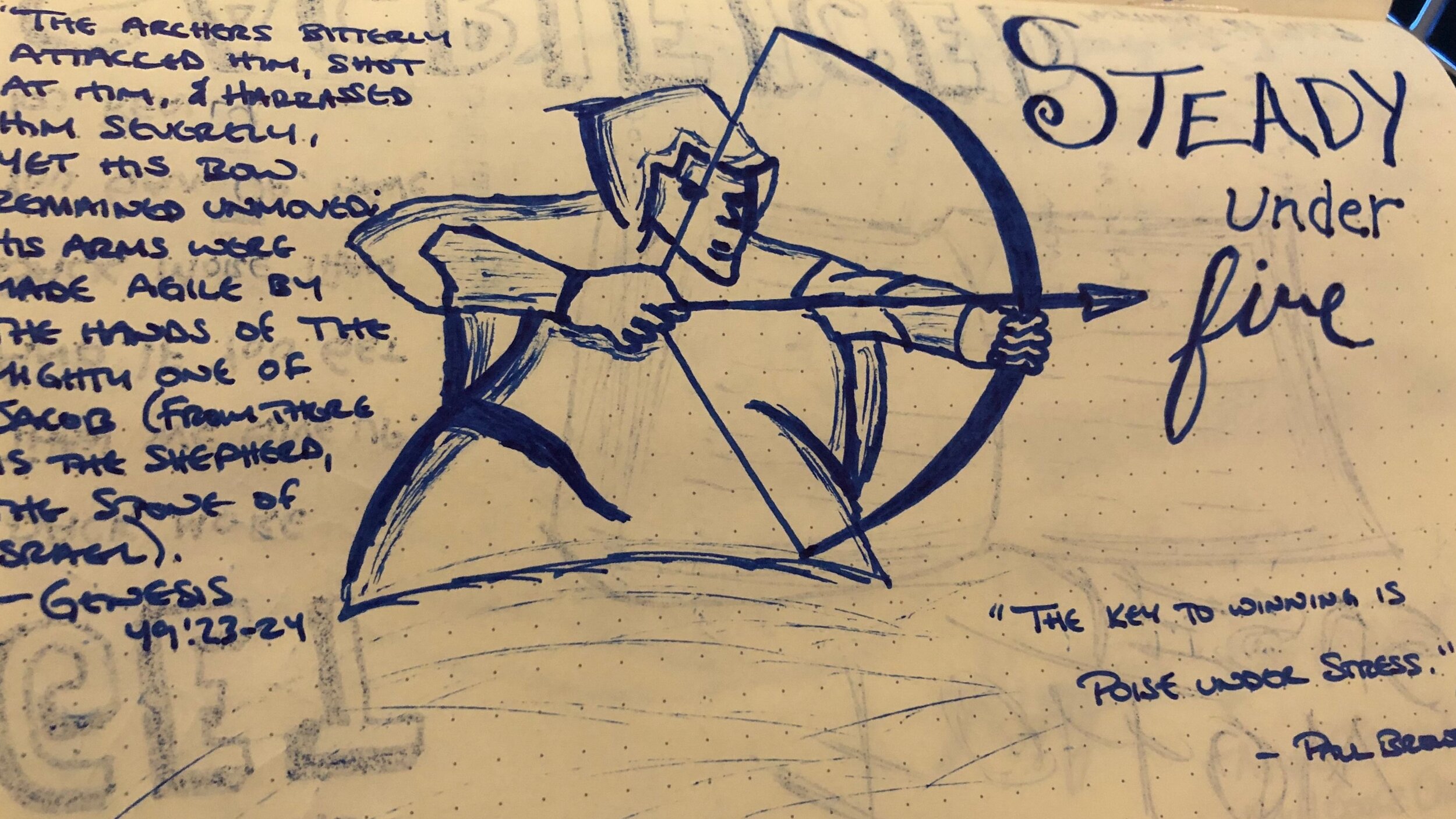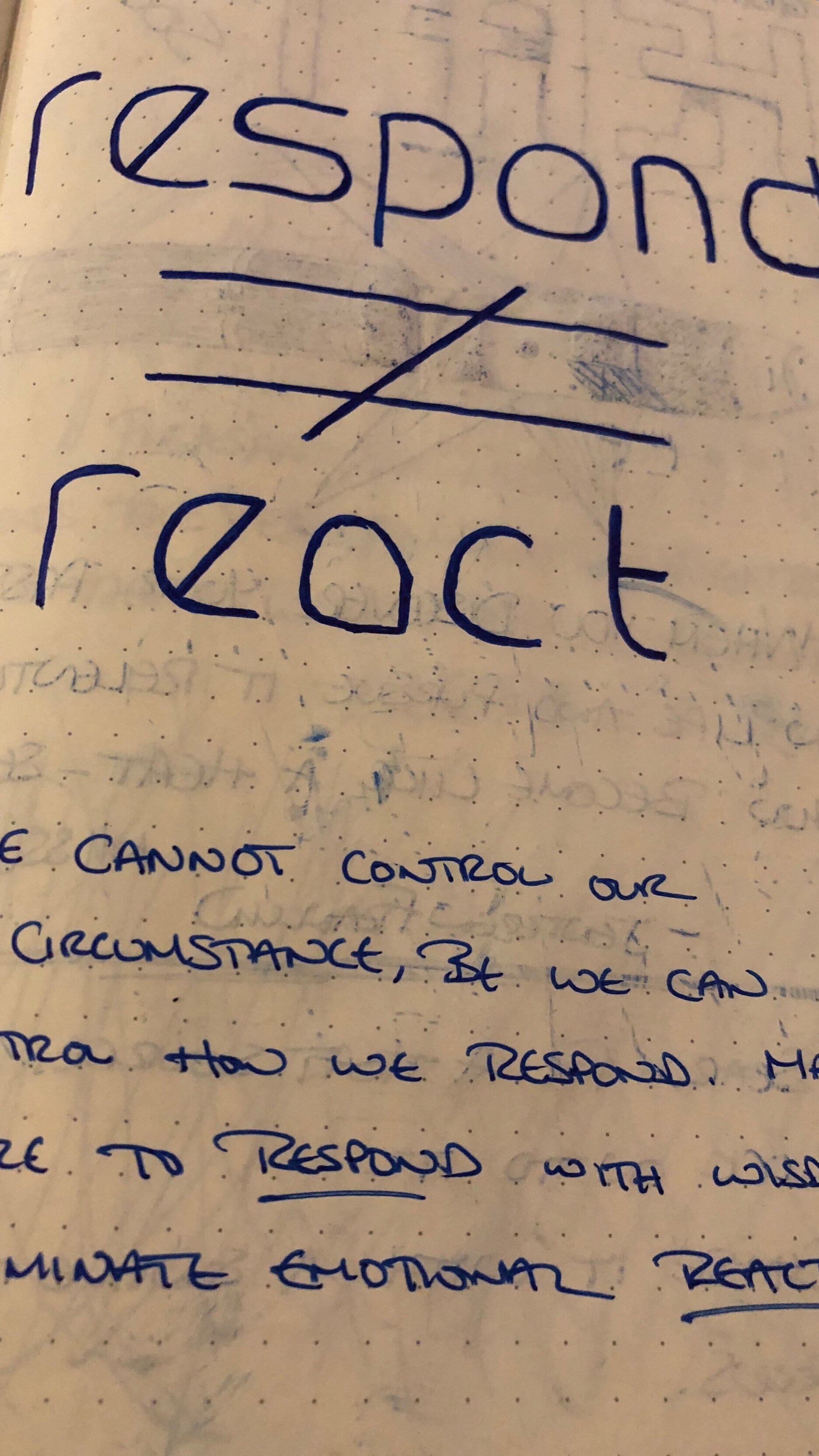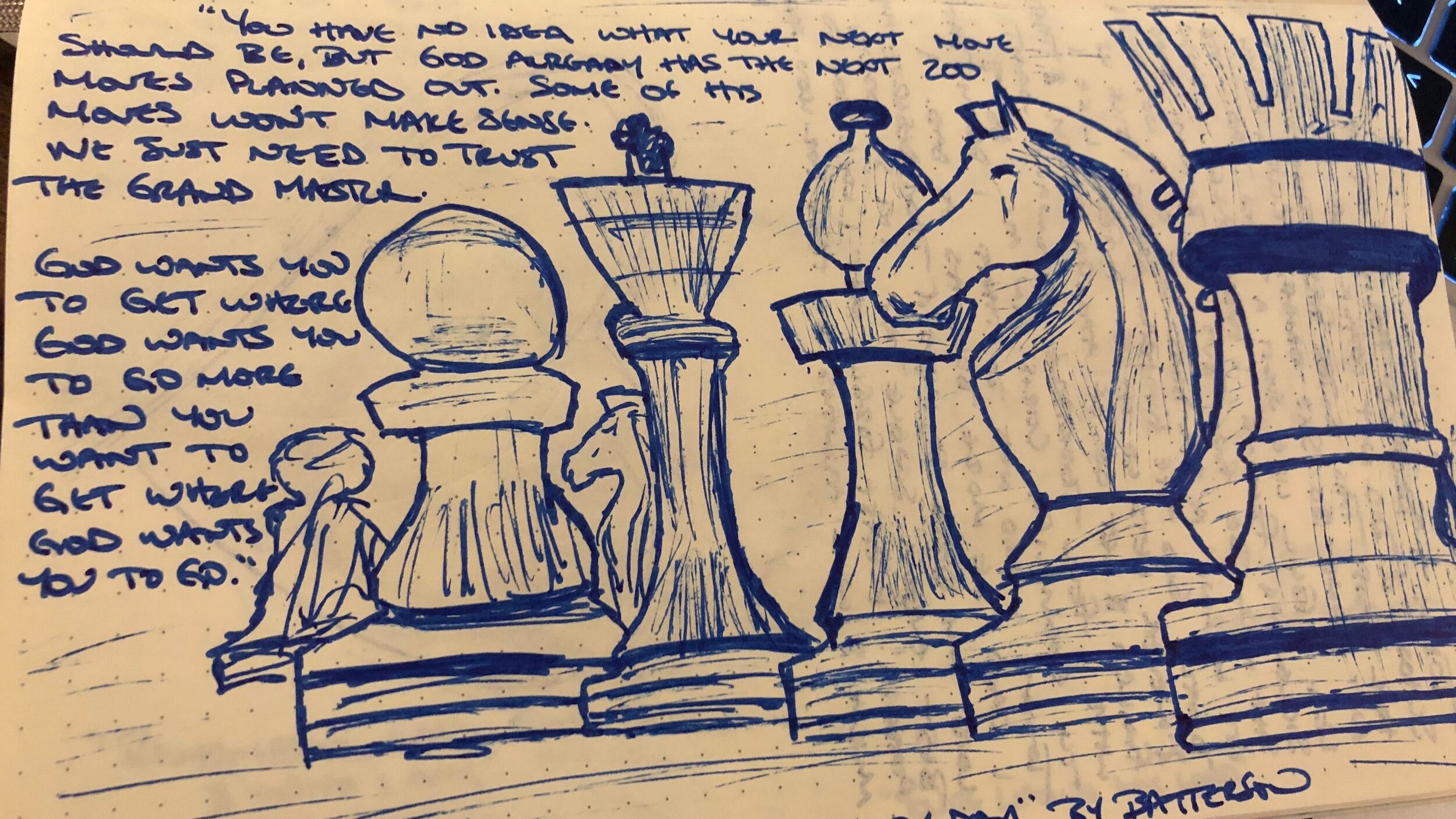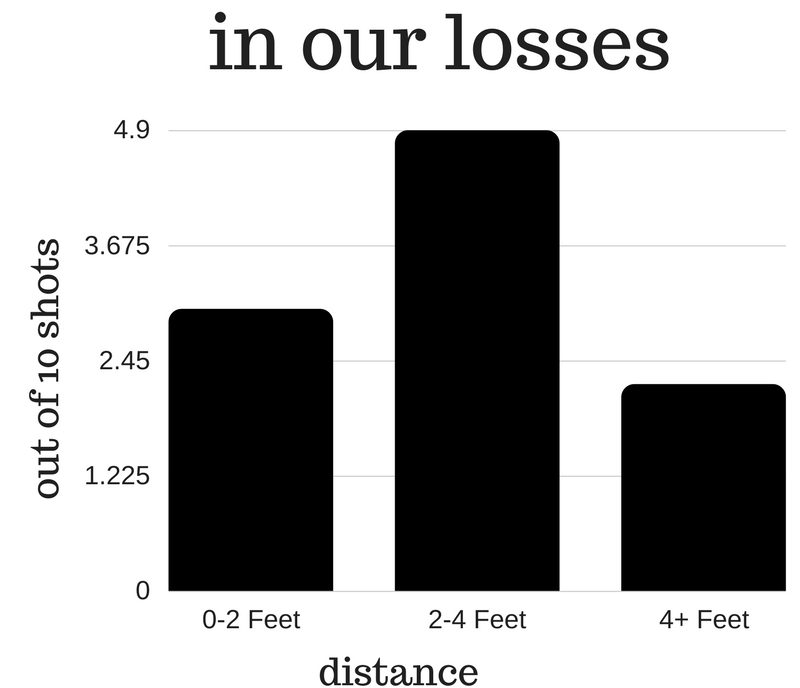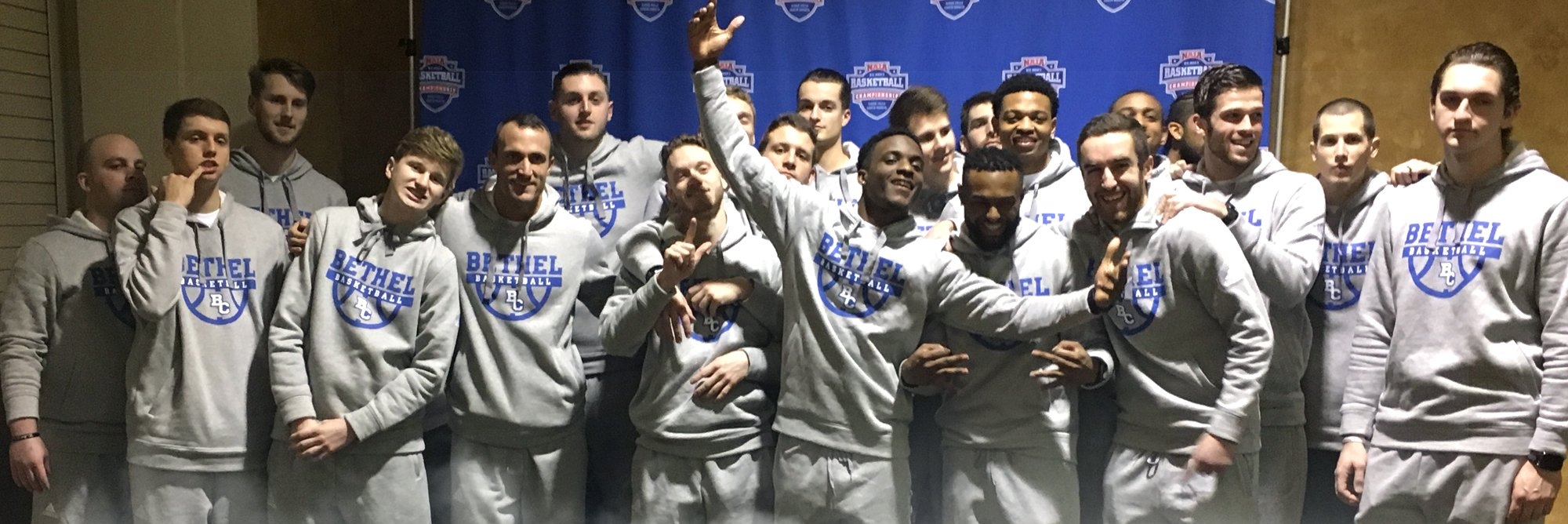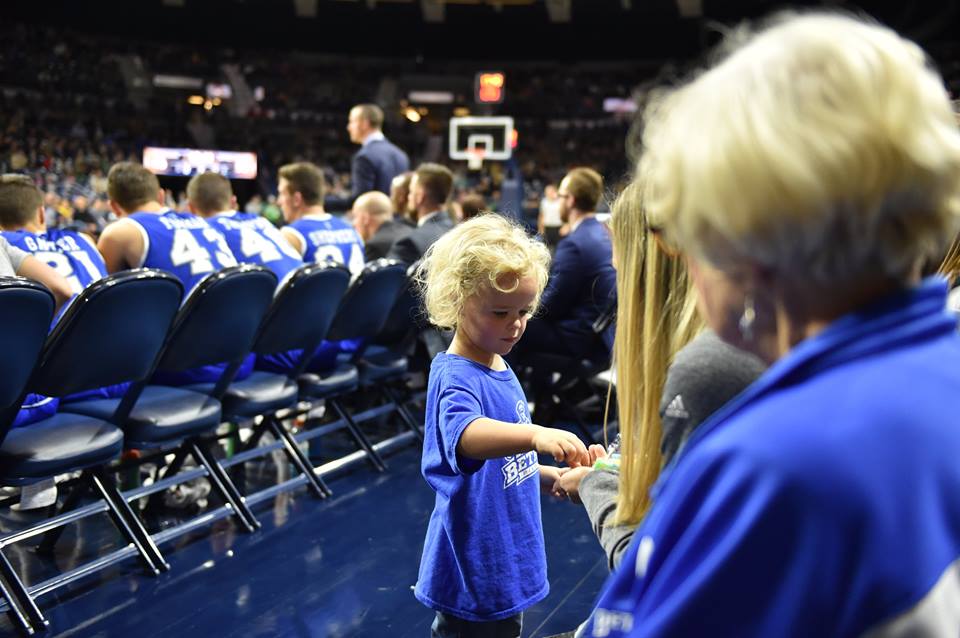As I enter my third season on the basketball staff at Stetson University, I’m extremely grateful for everything I’ve learned and been a part of. I’ve had the opportunity to be around some great coaches, four of whom have won championships. Donnie Jones (2006 & 2007 Florida Gators), Brendan Suhr (1989 & 1990 Detroit Pistons, 1992 Olympic Dream Team), Shawn Finney (1998 Kentucky Wildcats), and Jonathan Mitchell (2007 Florida Gators). I was thinking about some lessons each of them has taught me that are crucial to becoming a champion. Here are four lessons from people who are champions.
Donnie Jones is our head coach and one of the kindest people I’ve been around. He treats people the right way and is consistent in doing so. He won two back-to-back national championships at the University of Florida in 2006 & 2007 when he was on staff with Billy Donovan. Anyone who knows Donnie and has been around him echoes these same sentiments. He is a master at building genuine relationships and I believe it’s one of the most important keys to his success. This is the first lesson in becoming a champion.
TREAT PEOPLE WELL
Brendan Suhr was on our our staff my first year. He is a legend in the coaching world and has 45+ years of coaching experience in the NBA and college. He won back-to-back World Championships with the Detroit Pistons in 1989 & 1990 and also won a gold medal in the Olympics with the 1992 Dream Team as an assistant to Chuck Daly. He has coached some of the world’s greatest players over the course of nearly 5 decades and finds a way to communicate and teach in a way that players learn and understand. He doesn’t teach a certain way because “it’s how it’s always been done.” Instead, he adapts and adjusts his teaching style to impact players the way they learn best. This is probably why he has been so great for so long and it’s the second lesson I’ve learned in becoming a champion.
2. ADAPT & ADJUST WITH THE TIMES
Shawn Finney is joining our staff for his first season, but I’ve been able to be around him for the past 8 months and have seen him in action. He won a national championship in 1998 at the University of Kentucky while on staff with Tubby Smith. One of many things that makes Coach Finney good at what he does is his attention to detail. Whether it’s on the court or administrative work, he is always fine tuning and making sure everything is as close to perfect as it can be. He pays attention to the little things and holds people accountable to them. This is the third lesson I’ve learned in becoming a champion.
3. PAY ATTENTION TO SMALL DETAILS
Jonathan Mitchell played at Florida and won a national championship in 2007. He is a young coach with a young family, but works extremely hard. He is someone who will put the work in even when it’s inconvenient and tiresome. He has done a fantastic job in recruiting and has grown as a coach because of this. It is the fourth lesson of becoming a champion.
4. YOU CAN’T ONLY WORK ON THE DAYS YOU FEEL GOOD
While there are many more aspects that go into being a champion, I believe these 4 lessons are some of the most important ones you can control. I also get the privilege of working with two other great coaches who have experienced a lot of success and have taught me a lot. Adam Williams, who played at Kentucky and Marshall, and Luis Guzman, who played at Temple and overseas. I’m excited to begin year 3 with these men and continue learning more about what makes them the best of the best. It’s not every day you get to work with people who have won 6 championship rings.
Treat people well.
Adapt & adjust with the times.
Pay attention to small details.
You can’t only work on the days you feel good.

